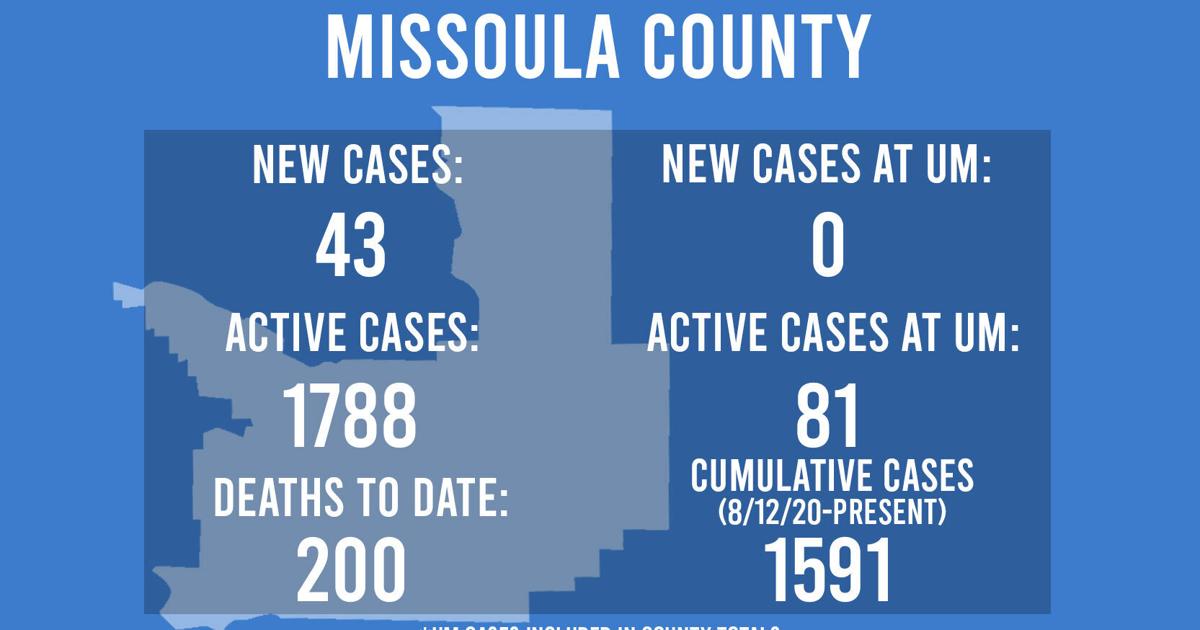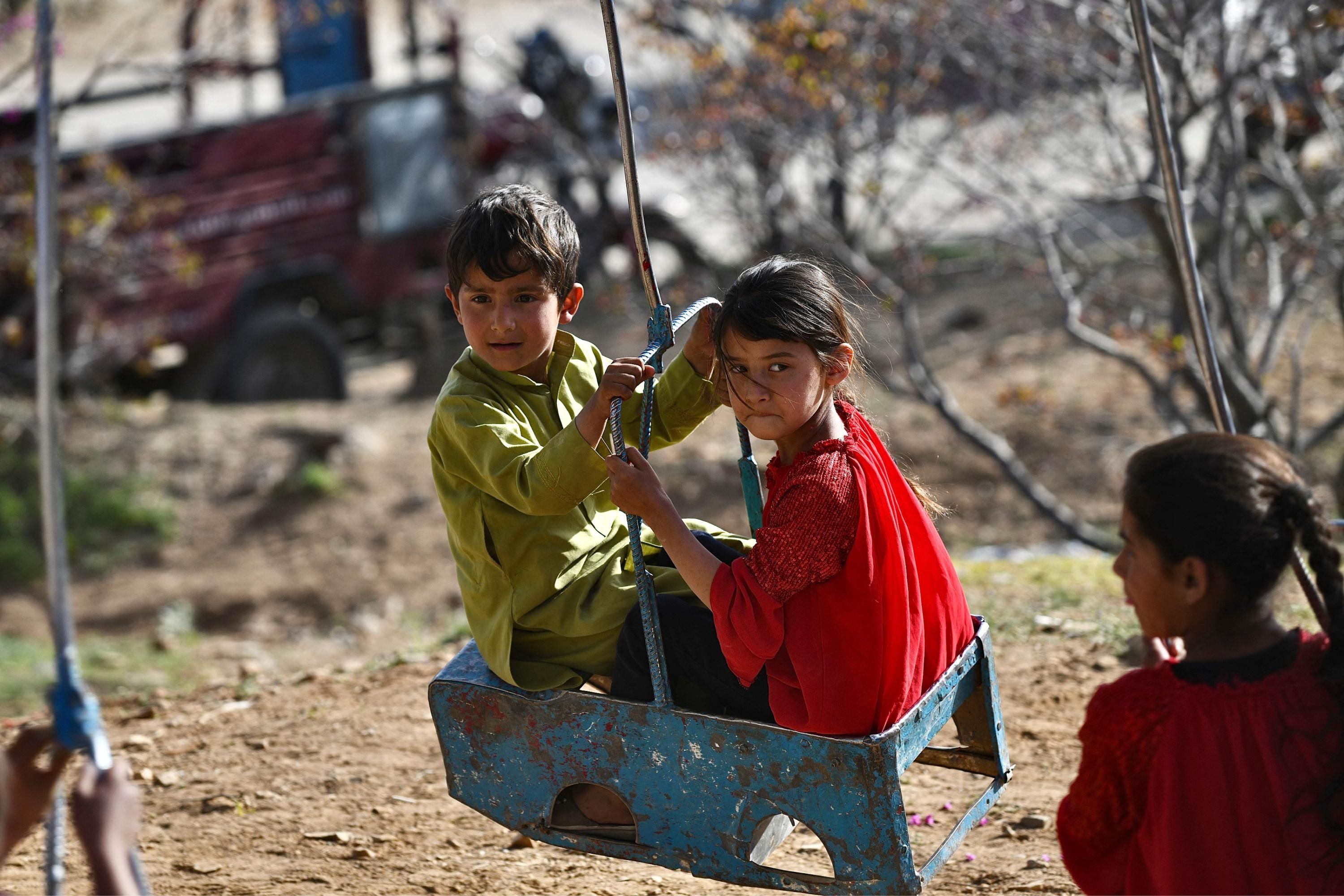An international aid group warned on Wednesday that Afghanistan is on the brink of complete collapse as the Biden administration and European governments refuse to release the war-torn country’s central bank reserves, depriving the saving vital funds as millions of people face poverty and starvation.
In a statement before a international donor conference for Afghanistan, the International Rescue Committee (IRC) noted the country “now represents the largest humanitarian appeal in the world, requiring a staggering $4.47 billion in humanitarian assistance – quadruple the need at the start of 2021 and more than is needed for Syria or Yemen”.
“With each passing week, more and more Afghans are forced to resort to the unimaginable to survive.”
Since the Taliban regained power last August after two decades of US-led warfare, IRC noted, “the speed of Afghanistan’s economic collapse has been unprecedented.” After the withdrawal of American troops, the Biden administration frozen billions of dollars in Afghan central bank assets held in the United States despite warnings that the move would bring the country one step closer to full-scale economic ruin.
Last month, US President Joe Biden issued an executive order to permanently seize assets from Afghanistan and distribute them among the families of 9/11 victims and an ill-defined “trust fund” for Afghans. Prohibited from accessing its own reserves, Kabul has struggled to afford even import taxes on containers of badly needed food.
Additionally, the Biden administration left crippling economic sanctions in place that could kill more civilians than 20 years of war. according to an analyst.
European governments and international institutions also took punitive action after the Taliban returned to power, suspending funding for projects in Afghanistan and leaving aid groups on the ground. without the resources needed to help the growing number of sick and malnourished Afghans.
“Afghans who could support themselves and their families six months ago are now entirely dependent on aid,” the IRC said on Wednesday. “With each passing week, more and more Afghans are forced to resort to the unimaginable to survive: since August, the number of Afghans resorting to negative coping skills has increased sixfold, such as selling young girls in marriage, pulling children out of school to work, selling organs, skipping meals or going into heavy debt”.
the New York Times reported Tuesday that Afghans desperate for money to feed their families are turning to “backbreaking labor” in the notoriously dangerous mines in northern Afghanistan. Some who work in the mines are as young as 10, according to the newspaper.
UNICEF recently warned that more than one million Afghan children will need treatment for severe acute malnutrition this year and that a total of 13 million children will need humanitarian assistance.
David Miliband, president and CEO of IRC, said on Wednesday that the actions of the international community have pushed Afghanistan towards “total collapse”.
“We are risking the future of an entire generation that now lacks both adequate food and adequate education.”
“If the Afghan economy is not revived, the gravity of the current humanitarian crisis will only worsen, with disastrous consequences for the life and physical integrity of ordinary Afghans,” Miliband said. “Further economic distress will only mean greater displacement, greater insecurity and greater misery.”
Miliband urged countries and aid groups attending Thursday’s donor conference to increase aid to Afghanistan, but stressed that such charitable work “only addresses the symptoms rather than the drivers of an economy. failing”.
“Afghanistan urgently needs a roadmap for international engagement in the face of the economic crisis, including benchmarks for the release of frozen Afghan assets at the central bank,” Miliband said. “Immediately, this will require donors and financial institutions to help rebuild the central bank’s ability to operate independently, meet international banking standards and manage the Afghan economy.”
“Urgent work to avert starvation and preventable deaths in the weeks and months ahead must not supplant important work to halt the trajectory of this crisis and stabilize the economy,” he continued. “Until these steps are taken, Afghan civilians will continue to pay for the transgressions of others with their own lives and sufferings.
Welthungerhilfe, a non-profit humanitarian organization based in Germany, expressed similar fears on Tuesday, pointing out that 95% of the Afghan population “no longer has adequate nutrition” – a crisis exacerbated by Russia’s war against Ukraine, which has drives up commodity prices and escalating supply chain disruptions.
“Afghanistan is in freefall,” said Thomas ten Boer, director of Welthungerhilfe in Kabul. “The sanctions are crushing the economy and preventing money from entering the country. Agricultural production will continue to fall as farmers cannot buy seeds or fertilizers due to the drastic rise in prices.”
“We are risking the future of an entire generation that now lacks both adequate food and adequate education,” he added.











